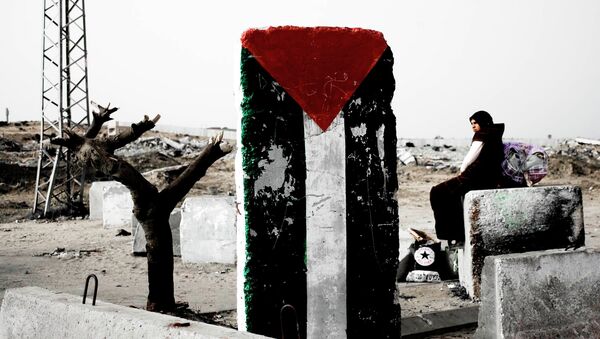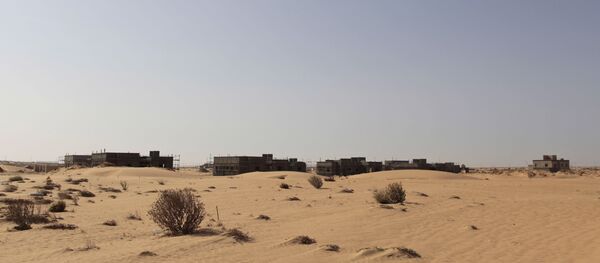“We hear a lot of [Palestinian] frustration first hand.… We listen to a lot of painful situations,” Shadi Bathish, an Israeli Arab who works for the non-profit, told Christian Science Monitor.
“Once I fielded a call from a person who didn’t meet their parents for a decade. What do I tell him? Wait for the political situation to improve?”
From students trying to get to universities abroad; families trying to see terminally ill relatives; to brides trying to get to her own weddings, the non-profit seeks to help everyone.
Bathish was formerly a television news producer, but left to help people.
“In journalism, you tell a story of someone and leave it open. In this line of work, I follow it up until the person gets an answer,” he says.
“A lot of people call us and say, I just want to visit my parents, but they are well,” he says. “We tell them, your complaint is justified, but unfortunately we can’t help you legally.”
Despite frequent denials, the organization helps many, and even those they cannot assist are appreciative of their efforts. They often receive thank you notes or visits from Palestinians they have assisted.
“That’s when you realize that you made a difference,” he says. “We can’t solve the political situation, but there are people living and suffering from this situation, and we need to sustain them to help them lead a decent life.”




